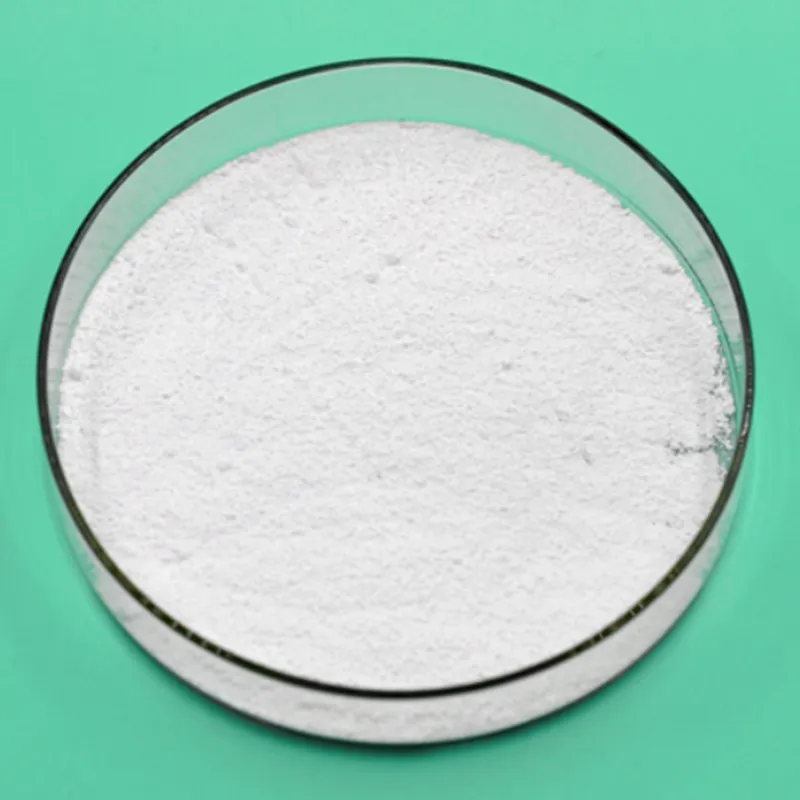
Exploring the Uses and Impacts of E470 Food Additives in Modern Cuisine
Understanding E470 The Food Additive That Enhances Our Diets
E470, also known as sodium or potassium salts of fatty acids, is a versatile food additive widely used in the food industry. Identified by its E number classification, E470 serves various functions that benefit both manufacturers and consumers. As food technology evolves, the understanding and application of such additives have become crucial in ensuring food safety, quality, and longevity.
What is E470?
E470 is derived from the saponification of fats and oils, resulting in the formation of fatty acids and their corresponding salts. It is typically produced by reacting vegetable oils or animal fats with sodium hydroxide or potassium hydroxide. This process results in a substance that is water-soluble, making it easy to incorporate into various food products.
Functions of E470 in Food
One of the primary roles of E470 is as an emulsifier. Emulsifiers are substances that help maintain the stability of emulsions, mixtures of two or more immiscible liquids, such as oil and water. By preventing oil and fat from separating in processed foods, E470 enhances texture and mouthfeel, contributing to a more appealing product.
Additionally, E470 acts as a stabilizer and thickening agent. Many commercial products like sauces, dressings, and spreads utilize this additive to achieve the desired consistency. The thickening quality not only improves the sensory attributes of food but also prolongs its shelf life by reducing the potential for separation, which can lead to spoilage.
e470 food additive

E470 is also valued for its role as an anti-caking agent. In powdered or granular food items, this additive helps prevent clumping, ensuring products remain free-flowing. This characteristic is particularly important for ingredients such as seasonings, powdered soups, and baking mixes, where clumping can hinder usability and customer satisfaction.
Safety and Regulatory Aspects
E470 has generally been deemed safe for consumption by various food safety authorities, including the European Food Safety Authority (EFSA) and the U.S. Food and Drug Administration (FDA). These organizations evaluate food additives in terms of their safety, effectiveness, and potential health impacts, ensuring that they meet strict regulatory standards before being approved for widespread use.
Nonetheless, as with any food additive, moderation is key. While E470 is safe for most people, some individuals may have sensitivities or allergies to certain types of fats, particularly those derived from animal sources. As a best practice, consumers are encouraged to read food labels to be fully informed about the ingredients present in their food.
Conclusion
E470 is a crucial food additive that plays multiple roles in enhancing food quality and stability. From acting as an emulsifier and stabilizer to serving as an anti-caking agent, its multifaceted nature benefits both manufacturers and consumers alike. As we grow more aware of what goes into our food, understanding additives like E470 can empower us to make informed dietary choices and enjoy the products we consume with greater confidence. As always, enjoying a balanced diet made up of whole foods remains the cornerstone of healthy eating, but recognizing the role of food additives enhances our appreciation of modern food science.
-
Buy High-Quality Trichloroisocyanuric Acid for Sale | TCCA 90% SupplierNewsAug.30,2025
-
Pure Sodium Dichloroisocyanurate Dihydrate | Powerful DisinfectantNewsAug.29,2025
-
Industrial Chemicals: Quality & Purity for Every IndustryNewsAug.28,2025
-
Nitrile Rubber Honoring Strict Production StandardsNewsAug.22,2025
-
Aspartame Ingredients Honoring Food Safety ValuesNewsAug.22,2025
-
Fertilizer for Balanced Plant NutritionNewsAug.22,2025
-
Cyanide Gold Processing with High Purity AdditivesNewsAug.22,2025
Hebei Tenger Chemical Technology Co., Ltd. focuses on the chemical industry and is committed to the export service of chemical raw materials.
-

view more DiethanolisopropanolamineIn the ever-growing field of chemical solutions, diethanolisopropanolamine (DEIPA) stands out as a versatile and important compound. Due to its unique chemical structure and properties, DEIPA is of interest to various industries including construction, personal care, and agriculture. -

view more TriisopropanolamineTriisopropanolamine (TIPA) alkanol amine substance, is a kind of alcohol amine compound with amino and alcohol hydroxyl, and because of its molecules contains both amino and hydroxyl. -

view more Tetramethyl Thiuram DisulfideTetramethyl thiuram disulfide, also known as TMTD, is a white to light-yellow powder with a distinct sulfur-like odor. It is soluble in organic solvents such as benzene, acetone, and ethyl acetate, making it highly versatile for use in different formulations. TMTD is known for its excellent vulcanization acceleration properties, which makes it a key ingredient in the production of rubber products. Additionally, it acts as an effective fungicide and bactericide, making it valuable in agricultural applications. Its high purity and stability ensure consistent performance, making it a preferred choice for manufacturers across various industries.





